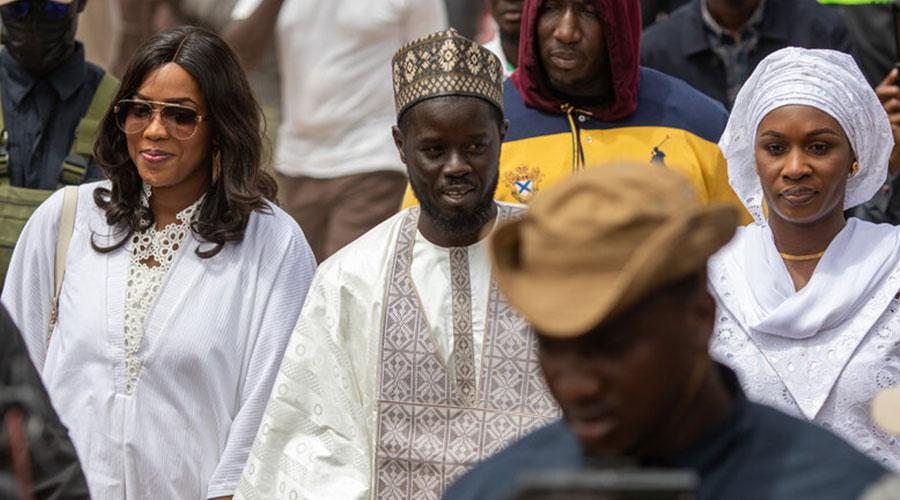In an unprecedented moment in the political arena of Senegal, Basserou Diomaye Faye made a deliberate show of his polygamous relationships on the podium just minutes before winning the first round of the presidential elections with 54.28% of the votes. Holding hands with his two wives, Marie and Absa, thousands of supporters cheered him on as he revealed his polygamy to the public.
This public display of polygamy by Fay sparked controversy as it is deeply rooted in Senegalese culture and tradition but raises objections from many women. Sociologist Debi Diakhat saw it as a consecration of the practice at the top of the state hierarchy in Senegal, reflecting the country’s reality and cultural practices. However, this practice has always been a topic of debate due to its implications on women’s rights.
A report by the United Nations Human Rights Committee concluded that polygamy constitutes discrimination against women and should be abolished. Senegalese writer Mariama Bah criticized polygamy in her novel, highlighting the suffering and challenges faced by women in such marriages. The practice of polygamy has been portrayed in popular Senegalese series, depicting the disturbances and tensions families experience.
Despite widespread acceptance of polygamy in Senegal, especially in rural areas, there are voices advocating for its abolition and questioning its fairness towards women. Faye’s public embrace of his polygamous relationships has sparked conversations about cultural practices, women’s rights, and the role of tradition in society. It remains a complex issue that continues to generate mixed reactions and discussions within Senegalese communities.
In conclusion, Basserou Diomaye Faye’s public embrace of his polygamous relationships during his campaign for president sparked controversy as it is deeply rooted in Senegalese culture but raises objections from many women regarding its implications on their rights. While this practice has always been a topic of debate within Senegal’s political arena, it remains a complex issue that continues to generate mixed reactions and discussions within its communities.


